Have you ever wondered how we read? It seems so simple, right? Just look at the words on the page and the understanding happens, you know what you are looking at. But how that happens? What is the science of reading? How does our brain process text? Believe me, there is way more than that. Welcome to the discussion “The Science of Reading” where we will explore how our brains make sense of text. So make yourself comfortable and let’s explore this fascinating topic together!
What Is The Science of Reading?
First things first- what does the science of reading even mean? Well, it’s a big term that covers all the research and theories about how we learn to read and how our brains process written language. Think of it like a treasure map guiding us through the mysterious land of letters and words. Let’s break it down one by one-
The Journey Begins
The first time we learn to read it’s like being given a magic key to a hidden world. Letters are like small building blocks that kids learn first. Each sound has its letter. These sounds put together make words! Sounds easy, right? Well, not really. There’s tons of information that our brains are busy processing at once.
Kids learn how to decode these letters. That’s fancy for they learn to sound out words. The science of reading tells us the importance of the connection between letters and sounds. You have a secret decoder ring! Reading is like trying to solve a puzzle without half of the pieces.
The Brain on Reading
So let’s take a look inside our heads. While we read, certain parts of our brain glow like a bulb. We also have areas in our brains for recognizing letters, sounds, and meanings. This part of the brain is called the left hemisphere, especially for word and sentence understanding. On the other hand, the right hemisphere helps us deal with our emotional and creative side while reading.
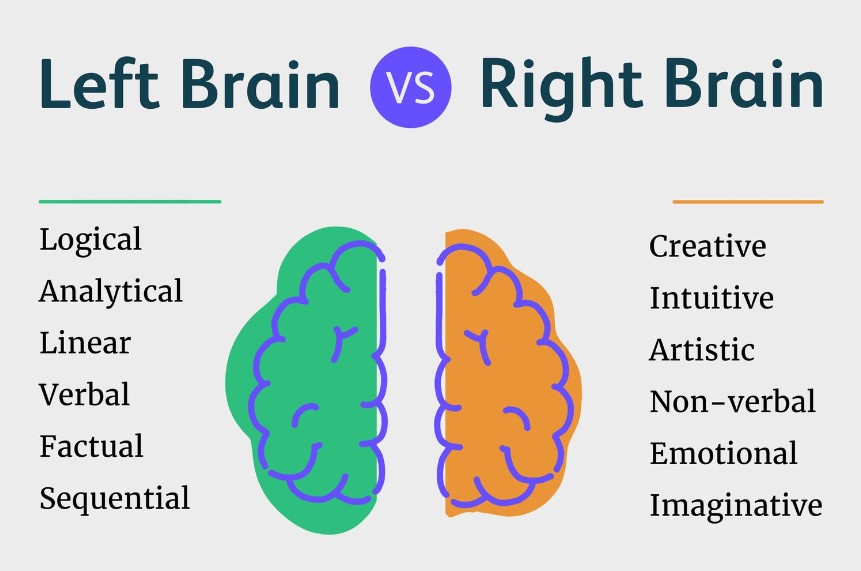
Left Brain vs Right Brain
Imagine this- While reading a novel, your brain is making images, feelings and sometimes even sounds. It’s like your own personal movie theater! You might miss important details just like in a movie, if you don’t pay attention. So yes, focus is key!
Comprehension: More Than Just Words
You can read the words, so what’s the problem? Great! What about making sense of them though? The next big step in the science of reading is comprehension. That’s where things get interesting. You don’t just learn words, you link them to what you already know.
It’s like a big web of information. As you read more, you make more connections. You might remember your cat or the neighbor’s dog who thinks he’s a cat if you’ve read about cats. They make it easier for you to understand the text. Reading without them is like trying to swim in a pool with no water, just a little pointless.
The Role of Vocabulary

The Role of Vocabulary
Have you ever picked up a book and thought, ‘What on earth is this word?’ Now we are in the world of vocabulary! The more words you know, the better you understand what you read. It’s like having a bigger toolbox for a DIY project. A problem with a hammer is that if all you have is a hammer, then everything begins to appear as if it’s a nail. Luckily, there are a lot of different tools to help you with almost anything.
Studies show that the more vocabulary you have, the better you understand what you’re reading. You might know fancy words but how to use them. The Science of Reading is a call for us to surround ourselves with a rich vocabulary through talking, reading various texts, and asking questions. In other words, whenever you’re unsure, look it up!
The Importance of Context
The Science of Reading has another superstar- context. Without it, the story is like a movie setting. Reading tells us what’s going on, and it does so by providing hints from the words around us. Let us say if you see the word “bank,” it could mean a financial institution or the side of a river. That’s where context comes in!
As readers, we are detectives, looking at the clues around us to make sense of them. It can be a treasure hunt and we feel like we’re wandering in circles sometimes. That’s all part of the fun, though.
Why Some People Struggle with Reading
Now, let’s talk about something that is not fun- reading difficulties. Some people just can’t read because there is a lack of exposure or their learning style is a bit different. The Science of Reading helps us make sense of these challenges.

For example, dyslexia makes it hard to process written language. But here’s the good news: Many people with dyslexia can learn to become strong readers if the right strategies are taught and supported. It’s all about what works best for each individual and personalizing each person. So, if you or someone you know is struggling, remember- Labels have nothing to do with it! It’s about the journey.
Strategies for Effective Reading
How can we become better readers? Here are a few simple strategies:
- Read Aloud: It helps the pronunciation and comprehension. It’s also a great way to bond with others. Bring the family together and read a story aloud to each other!
- Ask Questions: Then, while and after reading ask questions. “Or, “What will happen next?” or, “What did the author mean by that?” It keeps your brain thinking and reading is more fun.
- Summarize: Once you have finished a chapter or a paragraph, read back what you’ve just read in your own words. This further helps you to understand and retain.
- Use Visuals: Comprehension aids can include pictures, diagrams, and charts. These are your best friends if you’re a visual learner!
- Practice, Practice & Practice: Similarly, reading improves with practice as it is any skill. The more you read, the less difficult it becomes. Whatever you love, find your genre – fantasy, mystery, etc. even cookbooks!
The Digital Age and Reading
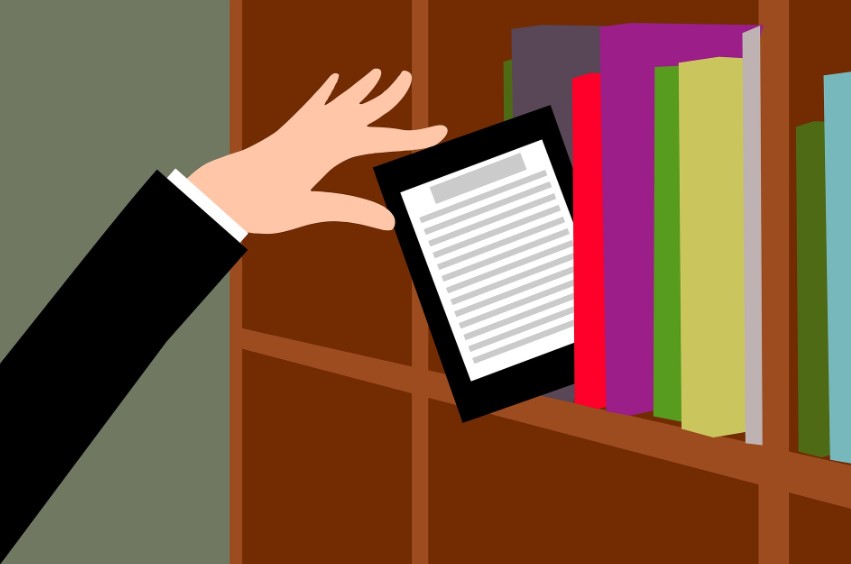
The Digital Age and Reading
If you’re reading this, it means it’s not just books that you read. We’re reading on tablets, phones, and computers more than ever before. It presents a whole set of new challenges and opportunities.
While digital reading is convenient, people tend to skip online, studies have found. That’s why it’s important to strike a balance. Get into the habit of reading deeply, and try to understand what you read, instead of a zombie scrolling through your feed.
The Future of Reading
What’s next for the science of reading? Well, researchers are uncovering new insights. The hope is to improve reading instruction for everyone, especially for those who struggle. Schools are starting to adopt science-based reading programs, focusing on comprehension strategies.
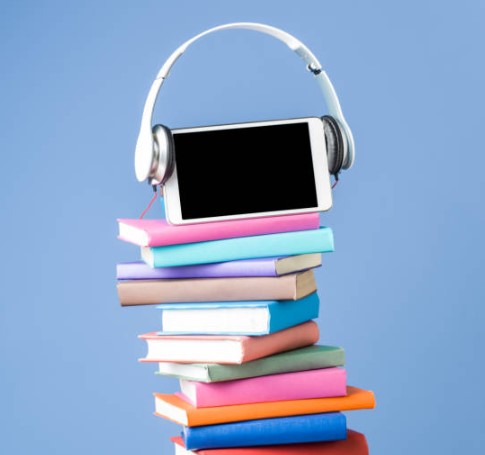
The Future of Reading
As we move forward, it’s crucial to remember that reading is not just a skill, it’s a gateway to knowledge, culture, and connection. Whether you’re reading a novel or a simple recipe, each word contributes to our understanding of the world.
In Conclusion
All done? I think now you have a basic idea of how our brains process text through. It’s a crazy ride with letters, sounds, meanings, and context. It doesn’t matter if you’re a seasoned reader or a beginner, reading isn’t over once you’ve finished a book.
Grab that book, read an article, and even read the fine print on that package. Who knows, you’ll just unlock the next chapter of your own story!
Do you like fiction books? If yes, then check out Best Fiction Books of All Time in My Life
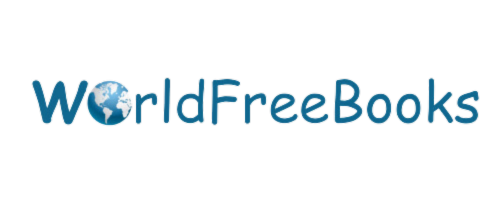
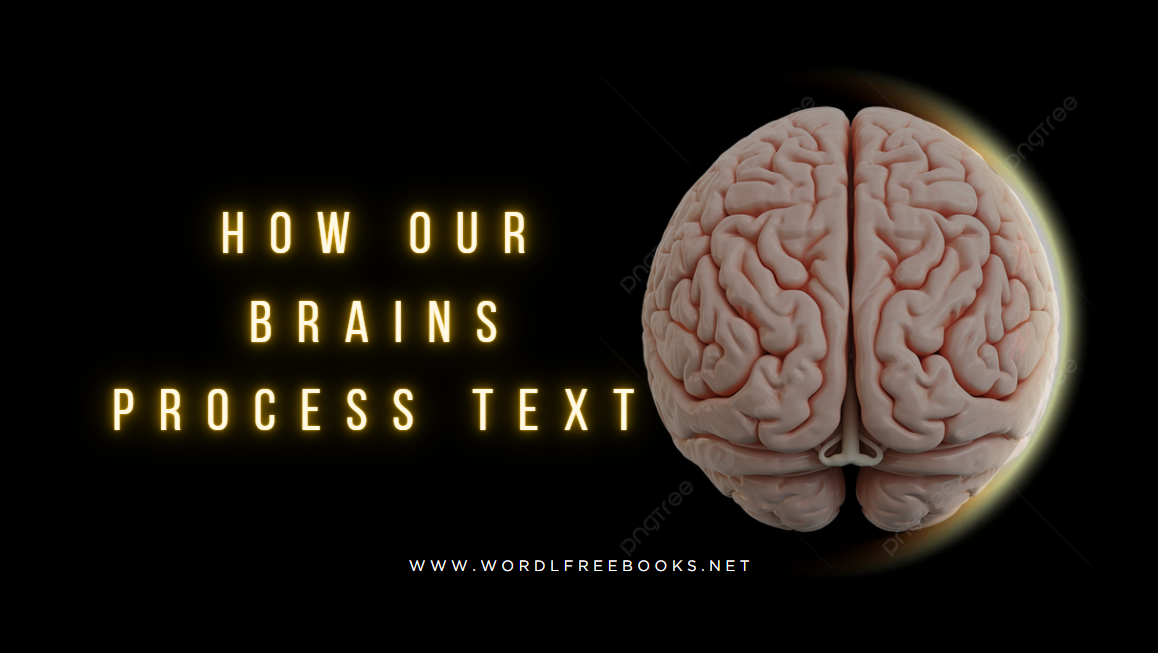
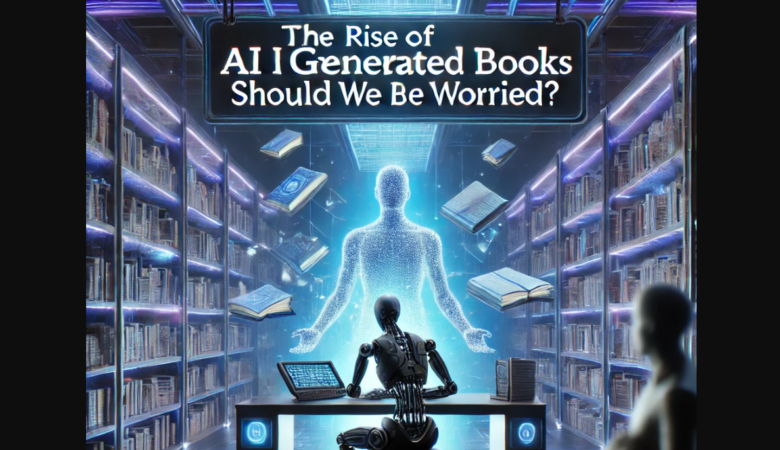
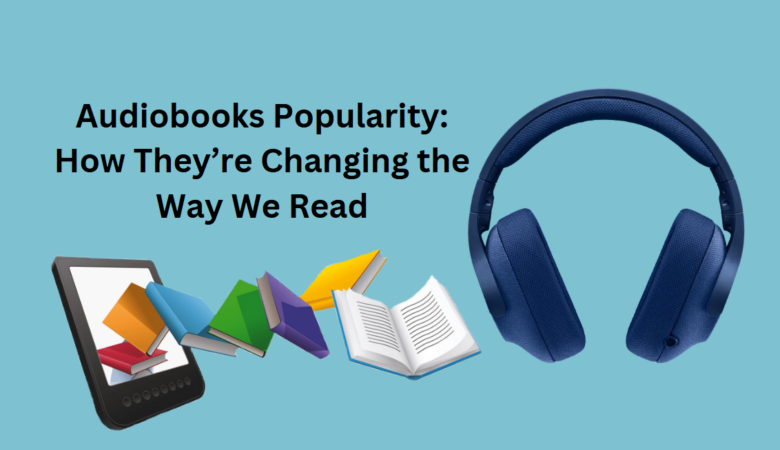
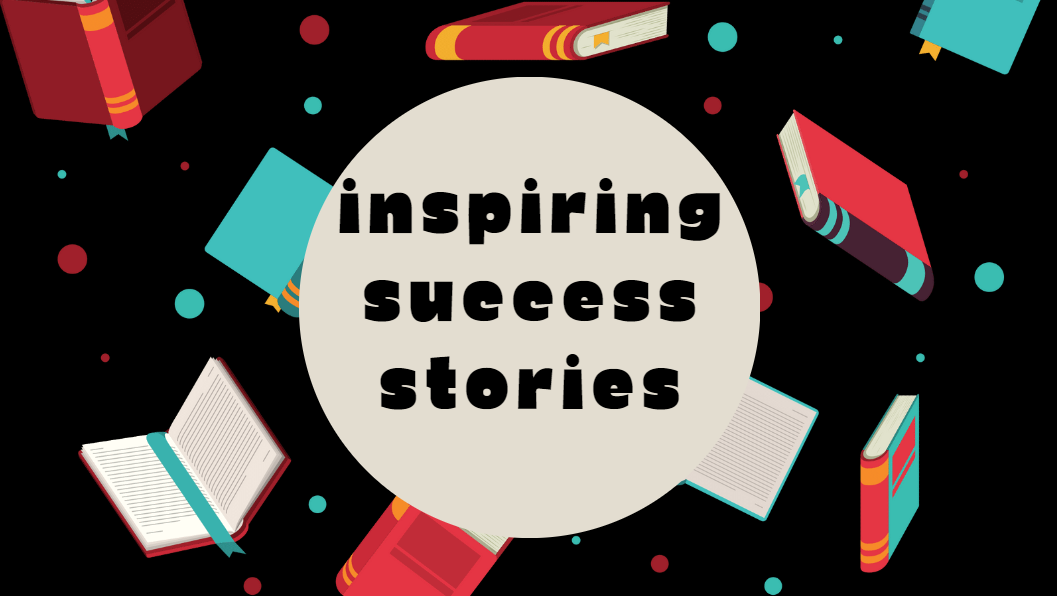
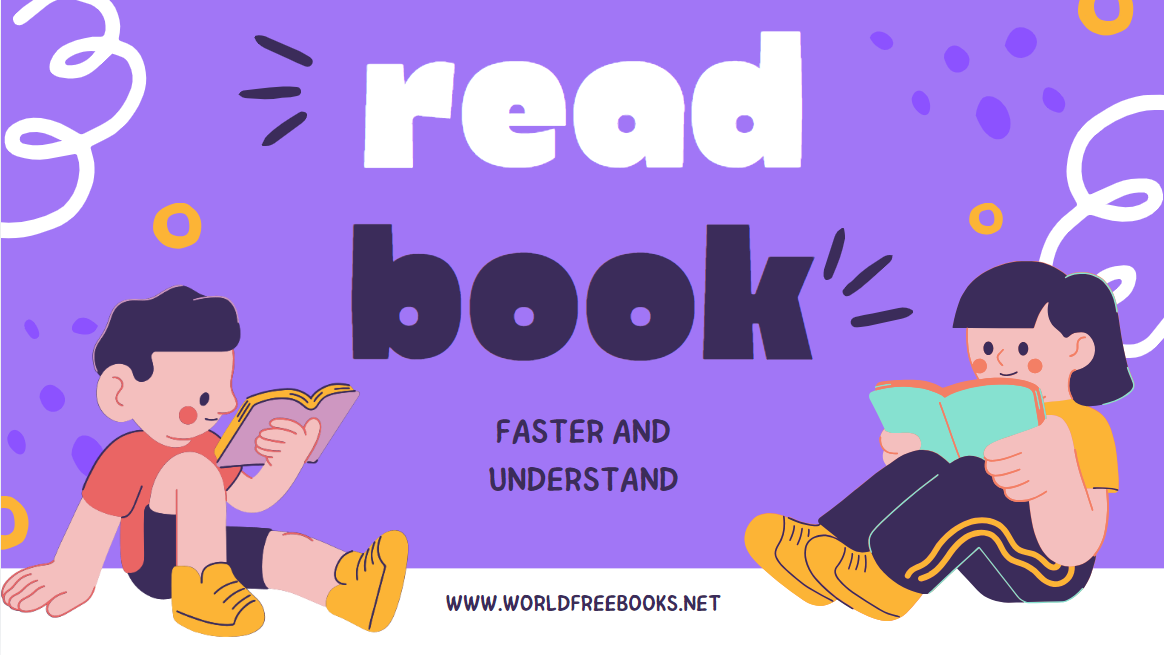

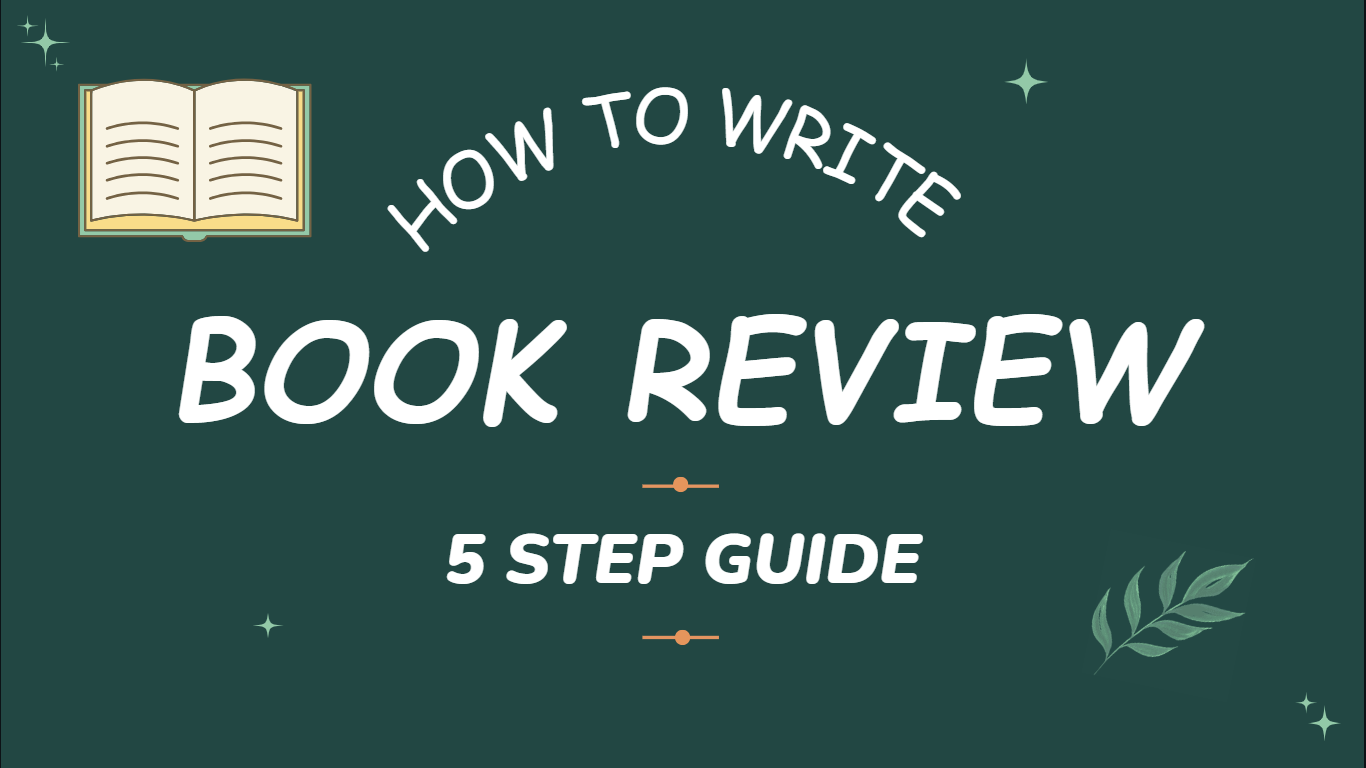
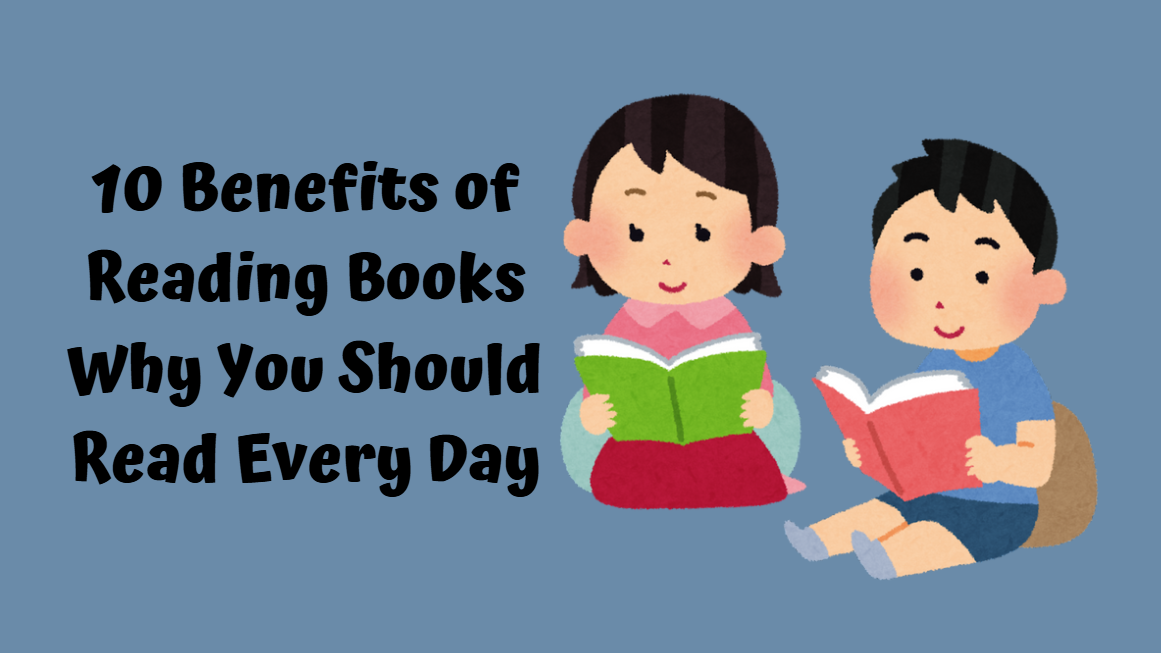
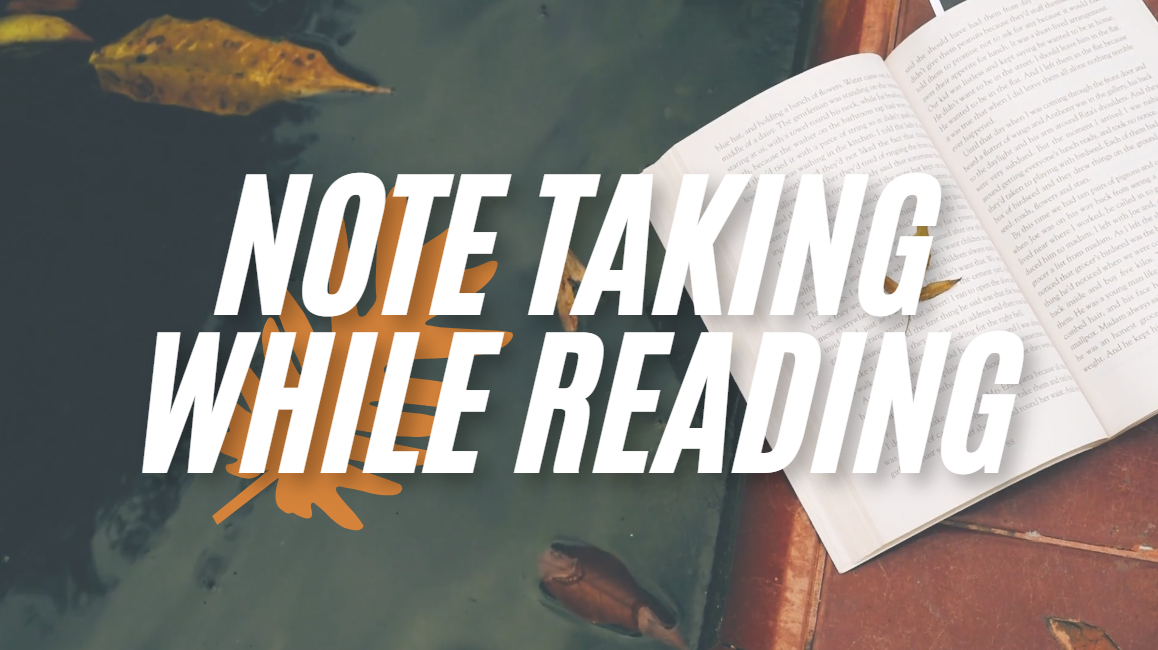
Leave a Reply